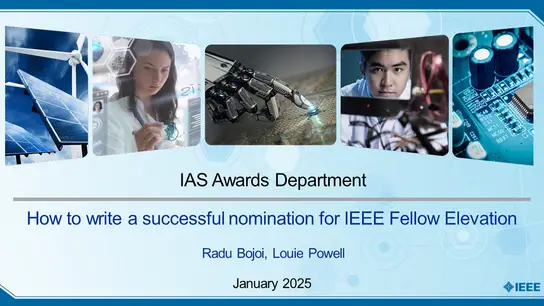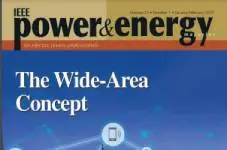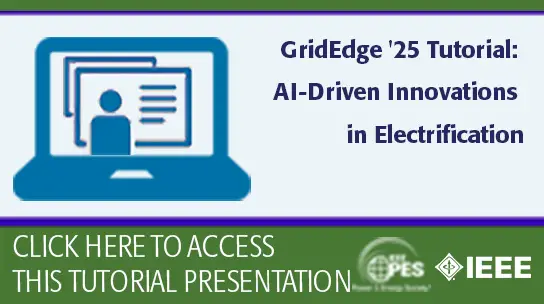Risk and Trust
Simon Reay Atkinson
-
Members: FreeSMCS
IEEE Members: $11.00
Non-members: $15.00Length: 00:19:18
16 Feb 2024
Trust and Risk at the Intersection of Human–Machine Systems - (Online – Australia)
Associate Professor Simon Reay Atkinson, Captain in the Royal Australian Navy
Description automatically generatedAssociate Professor Simon Reay Atkinson is a Captain in the Royal Australian Navy with extensive international experience, including in the US, Middle East, South West Asia, and NATO. He is currently serving as the Principal Investigator (PI) RAAF Air Command, Preparedness, Innovation & Improvement. Twice mentioned in despatches, innovative problem solving has been a highlight throughout a wide array of career experiences. A first degree in engineering was combined with a second degree (a research-based Cambridge University MPhil) in International Relations majoring in Law and Economics. This provided the foundation for a PhD (CUED) which examined, through engineering and social science lenses, complex systems and human factors / organisational modelling including with regard to cyber, quantum, risk and resilience. The underlying strength of research has been its applicability and re-use; allowing for re-interpretation and practical application. Including as Chief of Staff of the Defence Response to Covid at Joint Task Force 629 – responsible also for domestic operations, fires and floods.
Abstract:
My talk will first set out the scientific and technological context we face today – described as the Synethical Age, fusing Quantum Computing, with AI (QAIC), with nanotechnology (QAINT). Each scientific age last about 45 years – the juncture between previous and succeeding ages is typified by period of instability and [radical] uncertainty (Keynes, 1921/6). As between the Turbine Age (1885-1929) and the Industrial Age (1930-1974), and the Industrial Age and the Information Age (1975-2020). Hitherto “knowledge could be described as being human and infotechnological” – noting the indivisibility of information and technology, typified by the end of Information Age. The synthesis of QAIC with the infotechnological has the potential of displacing the human. Where knowledge may no longer be existential, but Interstitial – “scripted knowledge forming, or occupying only at the interstices between data and information” (SRA, 2023). Command and Control (Leadership & Management) is at the core of organisational designs – reflecting an organisation’s unique culture (knowledge) and ontology (language). Command and Control is intended to enable Decision Making and Taking, or DMT. Where the effective ability to solve complex problems is indicative also of the health of an organisation – with the variety of ideas/views/opinions/skills (exercised through Command and Control) allowing for complex problem solving. This has ethical and moral implications – where morality is inherently human. Command (and leadership) is also related to trust and agility; whereas control (and management) is related to rules and fidelity. Trusts are vested in human values and morality – based upon social (existential) knowledge. Whereas humans might trust robots, or ChatGPT, does the reverse apply? What is the relationship between Risk and Trust, for example. If the robot/machine-system cannot trust the human, does that give rise to infinite risk? This talk will consider organisational agent-based human modelling to consider zero-trust designs. It will consider where a new knowledge may interstist with respect to existential knowledge – raising questions of trust, risk, morality, and ethical applications in organisational designs.


